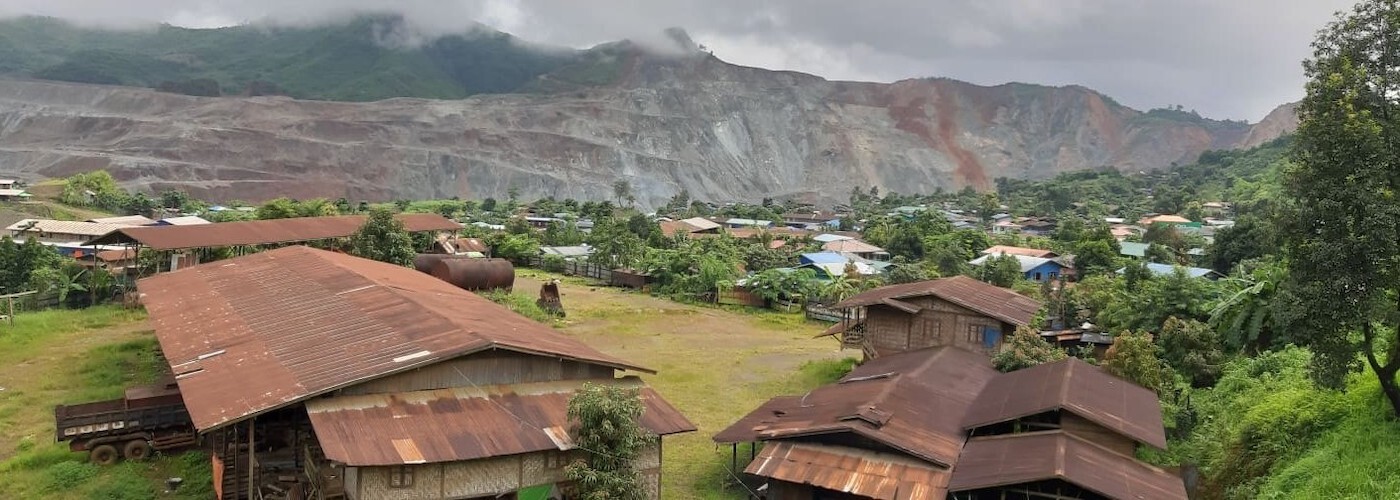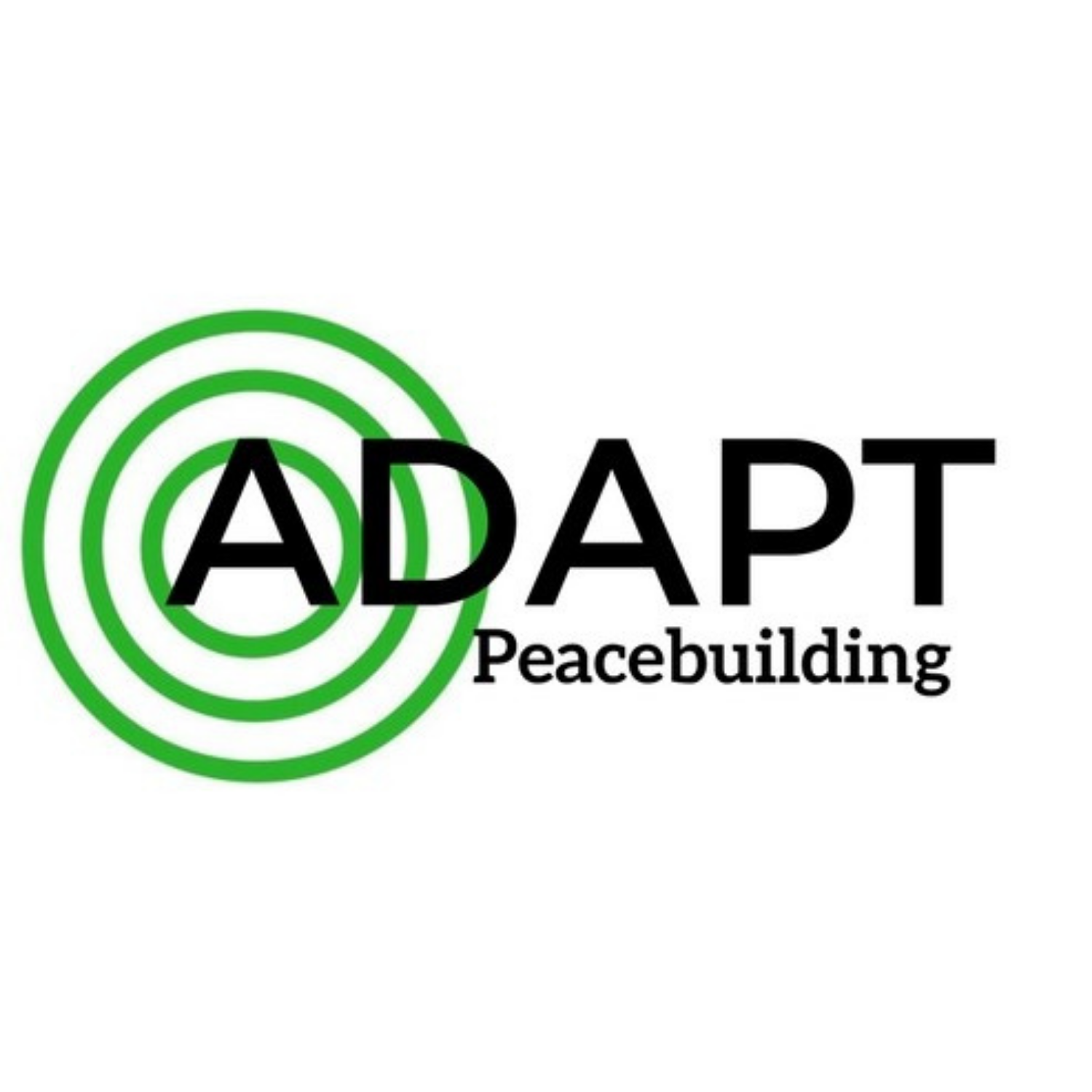
2.2K
Downloads
13
Episodes
Adapt provides research and consultancy services for local and international organisations in support of peace and sustainable development in conflict-affected environments. Our conflict and conflict sensitivity analyses, program design and management, and learning initiatives incorporate concepts and tools from complexity science, systems thinking and participatory approaches in order to thrive in complex and challenging contexts. We value deep and long term partnerships that empower local agency and lasting change.
Episodes
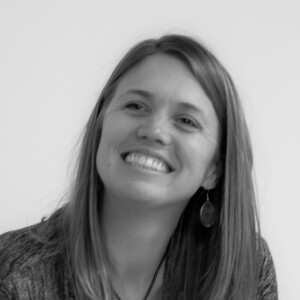
Tuesday Apr 25, 2023
CoInspira EP 1: ¿Por qué vale la pena trabajar por la paz? Leslie Wingender
Tuesday Apr 25, 2023
Tuesday Apr 25, 2023
[ENG below]
Estamos emocionados de presentarles nuestro primer episodio de Co-Inspira, el programa de Construcción de Paz en Colombia de Adapt Peacebuilding. En esta ocasión, les traemos una conversación inspiradora con Leslie Wingender, cuya carrera se ha enfocado en la construcción de la paz en distintos lugares del mundo, desde la República Centroafricana hasta Guatemala, Iraq, Líbano y Colombia. Leslie ha liderado programas de construcción de paz y manejo de conflictos en diversos contextos, diseñando, implementando, haciendo seguimiento y evaluando su impacto.
En nuestro episodio, Leslie nos compartió sus inspiraciones y desafíos personales en la construcción de paz, así como su visión personal y profunda sobre cómo esta puede transformar la vida de las personas y las comunidades. En la actualidad, Leslie es Directora de Construcción de Paz en Humanity United, liderando el enfoque de seguimiento y evaluación del equipo de Construcción de la Paz y apoyando el aprendizaje entre equipos. Únase a nosotros para escuchar a Leslie compartir su experiencia y pasión por la paz, y descubra cómo cada uno de nosotros puede contribuir a construir una sociedad más justa, incluyente y pacífica.
[Eng]
In our first episode of Co-Inspira, the Peacebuilding Program in Colombia by Adapt Peacebuilding, we are pleased to introduce you to Leslie Wingender. With a career dedicated to peacebuilding in places such as the Central African Republic, Guatemala, Iraq, Lebanon, and Colombia, Leslie has led the design, implementation, monitoring, and evaluation of peacebuilding and conflict management programs in diverse contexts. In our conversation, Leslie shared her personal inspirations and challenges in peacebuilding, as well as her intimate vision of how peacebuilding can transform the lives of individuals and communities.
Leslie is currently the Director of Peacebuilding at Humanity United, leading the monitoring and evaluation approach of the Peacebuilding team and supporting learning among teams. Join us to hear Leslie share her experience and passion for peace, and discover how each of us can contribute to building a more just, inclusive, and peaceful society.
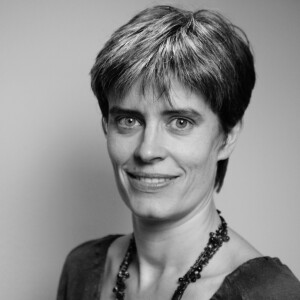
Wednesday Mar 22, 2023
Ep 10: People Power in Peace Processes: Harnessing the Influence of Social Movements
Wednesday Mar 22, 2023
Wednesday Mar 22, 2023
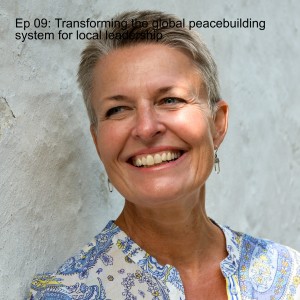
Thursday Jun 17, 2021
Ep 09: Transforming the global peacebuilding system for local leadership
Thursday Jun 17, 2021
Thursday Jun 17, 2021
Decades of experience building peace in societies affected by violent conflict shows that these efforts are more effective and sustainable when they are led by local people. Despite this experience, the global system of peacebuilding organisations and institutions that fund and administer peacebuilding programs still largely reflects the interests of international outsiders. In this episode, we talk with Mie Roesdahl of the Conducive Space for Peace and how to achieve transformation of the global peacebuilding system so that it better prioritises the leadership of local people and reflects the contexts in which they seek change. Further detail is available in the System in Flux report.
You can follow Conducive Spaces for Peace:
Facebook: https://www.facebook.com/conducivespaceforpeace
Linkedin: https://www.linkedin.com/company/conducive-space-for-peace/
Twitter: @CSP_Peace
Follow Adapt Peacebuilding: www.adaptpeacebuilding.org
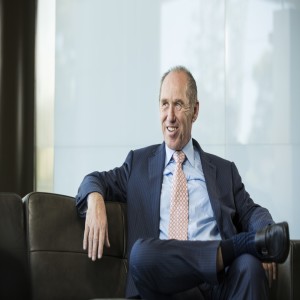
Thursday Mar 25, 2021
Ep 08: Peace in the Age of Chaos with Steve Killelea
Thursday Mar 25, 2021
Thursday Mar 25, 2021
“Peace in the age of chaos” is the new book from the founder of the Institute for Economics and Peace and the Global Peace Index, Steve Killelea. In this podcast we explore a range of compelling themes emerging from Steve’s book, including the contribution that systems thinking and positive peace can make towards better peacebuilding strategies and why peace is a prerequisite for tackling other complex challenges of our times, such as climate change and building back from the pandemic. Steve populates the conversation with rich evidence drawn from the work of his organisations, as well as personal anecdotes that paint the picture of a life fully lived and committed to the pursuit of a more peaceful world.
Please follow these links for more information on the Global Peace Index, for access to the Peace in the Age of Chaos book, for free training courses available at the Positive Peace Academy, and more from the Institute for Economics and Peace.
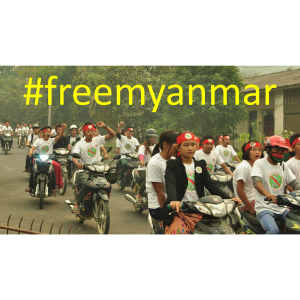
Thursday Mar 25, 2021
Ep 07: Bottom-up peacebuilding in Myanmar
Thursday Mar 25, 2021
Thursday Mar 25, 2021
Myanmar is in crisis. Six years on from the election of Myanmar's first civilian government in more than half a decade, the military has initiated a bold power grab.
Hundreds have been detained, but the military may have underestimated how strongly their people would have reacted to having their rights trampled. Amidst a popular uprising that may well become the largest in the country's history, and with the military now with their back to the wall, there's much concern that popular protests will be met with a violent crackdown.
This podcast episode was recorded before the military coup, and speaks to the topic of people power for change in Myanmar. The conversation is with Professor Danny Burns, from the Institute of Development Studies at the University of Sussex, and Stephen Gray, Co-Founder and Director of Adapt, and reflects on methods for popular participation in the country's peace process.
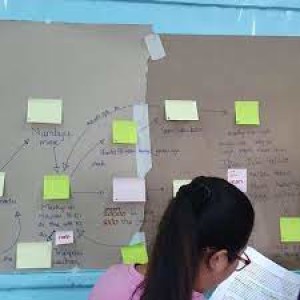
Thursday Mar 25, 2021
Ep 06: Myanmar, COVID-19 and Social Cohesion
Thursday Mar 25, 2021
Thursday Mar 25, 2021
The global pandemic brought on by the novel coronavirus has fundamentally transformed peacebuilding efforts, development initiatives and humanitarian response. This podcast episode, featuring Stephen Gray, Co-Founder and Director of Adapt, and Francis Zau Tu, Adapt's Programme Manager in Myanmar, discusses COVID-19’s implications for peacebuilding writ large and looks at Adapt’s work in Myanmar to understand how the pandemic has affected conflict dynamics and impacted peacebuilding. We explore new opportunities to advance peace and highlight some of the enabling factors that can allow organisations to build a culture of adaptation and learning in order to better serve communities in dynamic contexts.
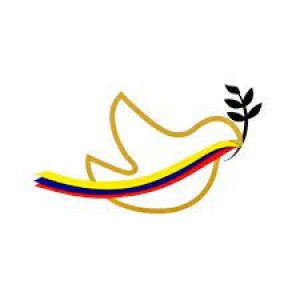
Thursday Mar 25, 2021
Ep 05: Adapt's Team on: Adaptive Programming for Colombia’s peace process
Thursday Mar 25, 2021
Thursday Mar 25, 2021
Stephen Gray is the executive director and co-founder of Adapt Peacebuilding, and Ángela María Báez- Silvia Arias is Adapt’s program development manager in Colombia. Both are currently based in Colombia and involved in adaptive programming – an approach that challenges the status quo of linear planning models by proposing that development planning should be adaptive to changes in the political and socio-economic operating environment. As a peace-building organisation focusing on systems thinking and complexity approaches, Adapt has recently been working with a governmental organisation in Colombia that was created under the umbrella of the Colombian Peace Accords of 2016. In this podcast, Stephen and Ángela share their learning of the past six months, in which Adapt has provided technical support to assist with the integration of the adaptive approach.

Thursday Mar 25, 2021
Thursday Mar 25, 2021
Desirée Nilsson is an Associate Professor at the Department of Peace and Conflict Research at Uppsala University in Sweden. Barbara Magalhães Teixeira is a research assistant at Uppsala University and has been working with Desirée on the inclusion of civil society actors in peace processes since 2018.
Desirée's research focuses on conflict resolution and durable peace in civil wars, with a particular emphasis on multiparty dynamics. She holds a Ph.D. in Peace and Conflict research from Uppsala University and has been an Associate Professor there since 2011.
Marthe Hiev sets the tone for the interview by asking questions about Desirée's groundbreaking quantitative study 'Anchoring the Peace: Civil Society Actors in Peace Accords and Durable Peace', wherein she found that the inclusion of CSO's has a positive effect on the durability of peace. Desirée's research provides a solid perspective on the difficult context wherein peace processes take place, and also provides possible explanations for the positive effect that civil society inclusion has on peace agreements in a post-conflict context.
In this interview, Desirée, Barbara and Marthe Hiev touch upon the following topics:
-The idea of inclusion in peacebuilding
-Why inclusion is important
-How inclusion influences the durability of peace
-Cases of civil society inclusion in peace processes
-How the Colombian peace process integrates an inclusive approach
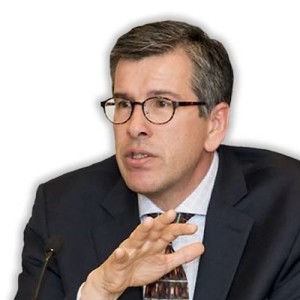
Thursday Mar 25, 2021
Ep 03: Adaptive Peacebuilding with Cedric De Coning
Thursday Mar 25, 2021
Thursday Mar 25, 2021
Cedric de Coning is a Senior Research Fellow in the Research Group on Peace, Conflict and Development at the Norwegian Institute of International Affairs (NUPI) and he is also a Senior Advisor for ACCORD (African Centre for the Constructive Resolution of Disputes).
He has 30 years of experience in research, policy advice, training and education in the areas of conflict resolution, peacekeeping, peacebuilding and peace and conflict studies. Cedric has a Ph.D. in Applied Ethics from the Department of Philosophy of the University of Stellenbosch, and a M.A. (cum laude) in Conflict Management and Peace Studies from the University of KwaZulu-Natal.
Steve sets the tone for the interview by introducing the types of global situations and conflicts that the international community is addressing today: how we respond to divide and/or violent societies where the context is complex and unpredictable and the situation changes rapidly. In these contexts, it is difficult to know appropriate strategy to move forward and any solution will need to be locally owned.
In this interview, Cedric and Steve cover several topics including:
-The realities of being an “outsider” in complex contexts
-The key elements of a strong adaptive approach
-What to do when your process isn’t working
-How to encourage adaptive programming in your organization
-The role of “insiders” and “outsiders” in complex, often violent, contexts
-When to use (and not use) an adaptive approach
-How “outsiders” can support the building of resilience
-What it would mean for the United Nations to take up adaptive programming
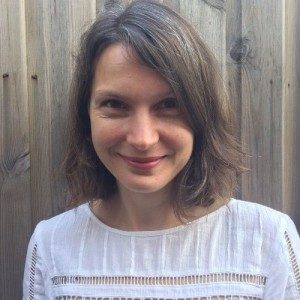
Thursday Mar 25, 2021
Ep 02: Emma Proud on Mainstreaming Adaptive Management into Mercy Corps
Thursday Mar 25, 2021
Thursday Mar 25, 2021
Mercy Corps is a leading global humanitarian, development, and peacebuilding organisation. They work in country contexts that have undergone, or have been undergoing, various forms of economic, environmental, social, and political instabilities. Like Adapt Peacebuilding, Mercy Corps is putting adaptive management at the heart of their work, with a focus on their people management function. Adaptive management – defined as “an intentional approach to making decisions and adjustments in response to new information and changes in context” – helps Mercy Corps to be more effective in complex, unpredictable environments.
This week we speak with the leader of this work - Emma Proud – Mercy Corps’ Director of Organizational Agility. She is working on ways to increase organisational agility so all 400 Mercy Corps programmes are enabled and encouraged to be adaptive.
Highlights from our conversation include a discussion of:
1) Mercy Corp’s training models that incorporate neuroscience research and SCARF – a brain-based model for collaborating and learning with others,
2) Their “Adapt Scan” process, which identifies factors that enable and inhibit adaptive actions, and
3) Deep learning from their Navigating Complexity and Adapting Aid research processes.
We also share experiences about USAID’s collaborate, learn, adapt initiative, which has an adaptive management podcast and program management tools that you should check out.
